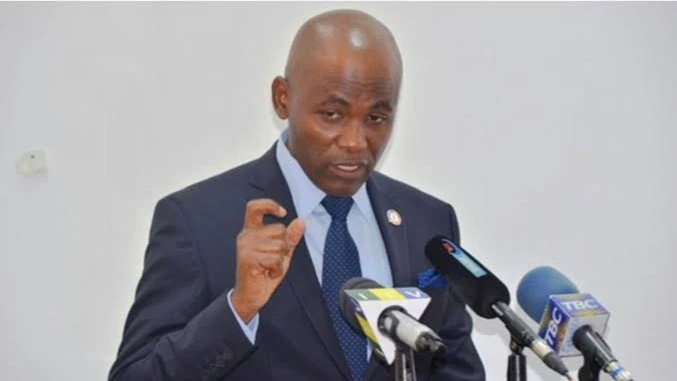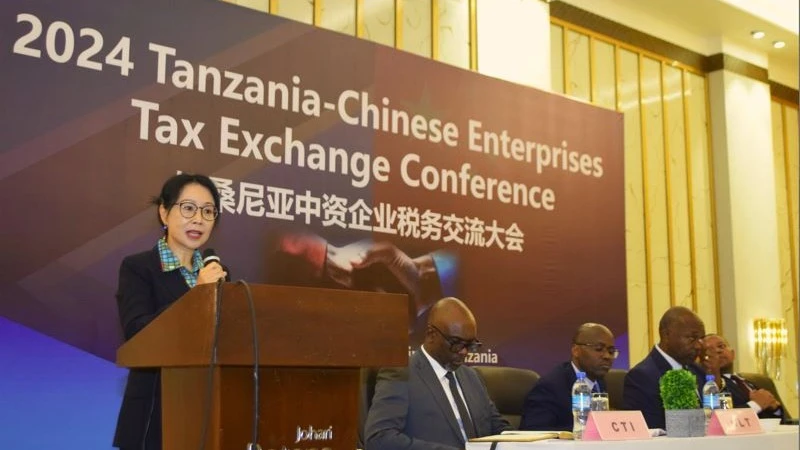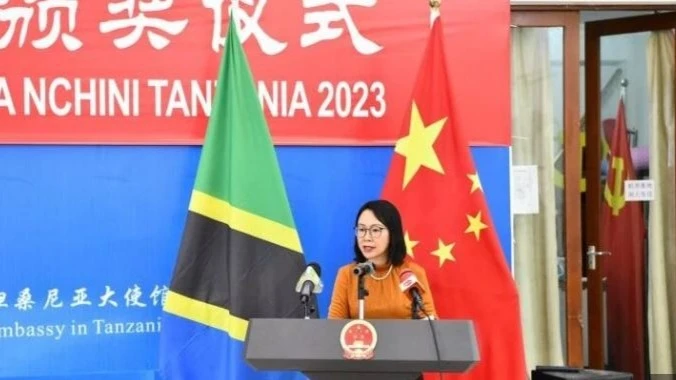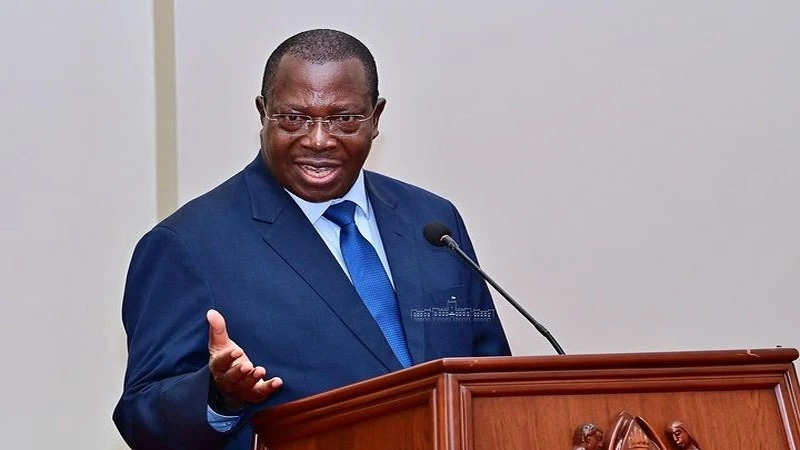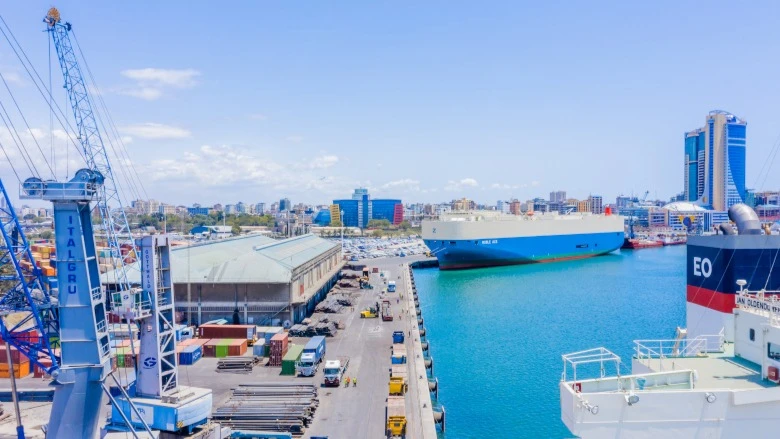PPRA zonal offices could help with ‘force account’ procuring
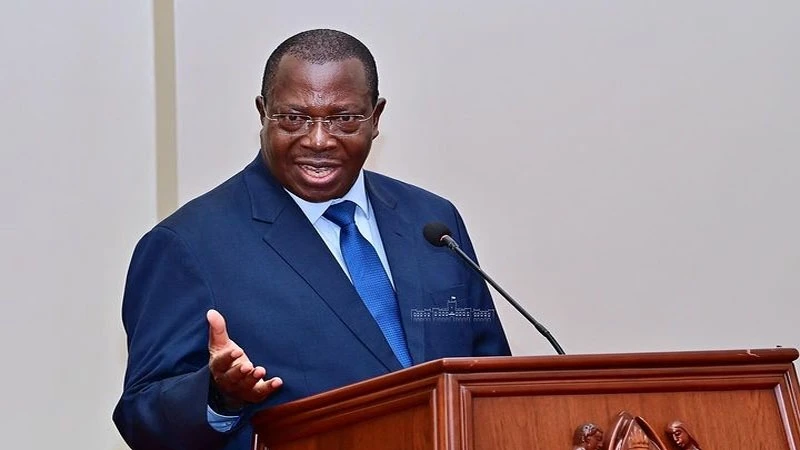
NEW zonal offices of the Public Procurement Regulatory Authority (PPRA) are being slotted in five major commercial centres in the country in a move intended to make public institutions obtain more of its services with enhance ease and convenience.
The offices have been opened in Arusha, Mbeya, Mtwara, Mwanza and Tabora, and that might be the starting point, as ideally it is possible that the agency needs offices in all regions – even districts – across the country. It would largely depend on the way procurement is organised.
Yet there are curious indications that pressure is mounting, threatening to rein in the use of the public agency’s services as such but rather whether to stick to its mode of operations.
Two instances from water projects could suffice in illustrating the point being made on the ground but isn’t quite the policy norm as yet.
This relates to the way in which the Water ministry is saving vast amounts of money courtesy of the use of its own engineers and technicians. The usual modality is to float a tender and companies compete.
The second, a clearly salutary example, is with respect to a vow by Vice President Dr Philip Mpango only the other day that he would resign if the implementation of the Mwanga-Korogwe water supply project is not completesd by the middle of the year.
The US$300 million project, which is financed by the government in collaboration with the United Arabs Emirates (UAE), was launched in 2014 and was lined up for completion by 2017.
It is feared that the fact that it has taken much longer than the scheduled three years would likely reflect crippling hurdles in the procurement model.
The procurement environment is leading to laudable initiatives by public agencies and organisations to go well beyond their call of duty by establishing commercial organisations seeking tenders with other public agencies.
The agencies usually expect privileges in obtaining tenders in that public agencies are expected to be more accountable and could be quizzed if anything goes wrong.
Rather to the contrary, the private service provider may only be summoned if there is a query, and that can be more problematic. It is unclear how promisingly PPRA is working on the issue.
Looking in particular at the Mwanga-Korogwe water project that is embarrassing to the VP, the answer doesn’t appear to be the proximity of PPRA offices but rather the suitability of the agency’s model of procurement.
Perhaps it can take time to sit down and examine the technical potential in government departments and agencies, in particular with regard to their core functions, to maximise potential there first.
This tendering and outsourcing predilection was in a sense a shortcut brought up by multilateral agencies chiefly to ease monitoring and supervision by local authorities unable to determine how ministries deploy their staff, working schedules, etc.
With foreign aid diminishing and demand for infrastructure quite high, tendering is getting increasingly slippery, as costs cited are at times forbiddingly high.
That is in part why PPRA may need more brainstorming on strategy rather than merely strive to make its roots grow deeper and cover wider ground.
Top Headlines
© 2024 IPPMEDIA.COM. ALL RIGHTS RESERVED







